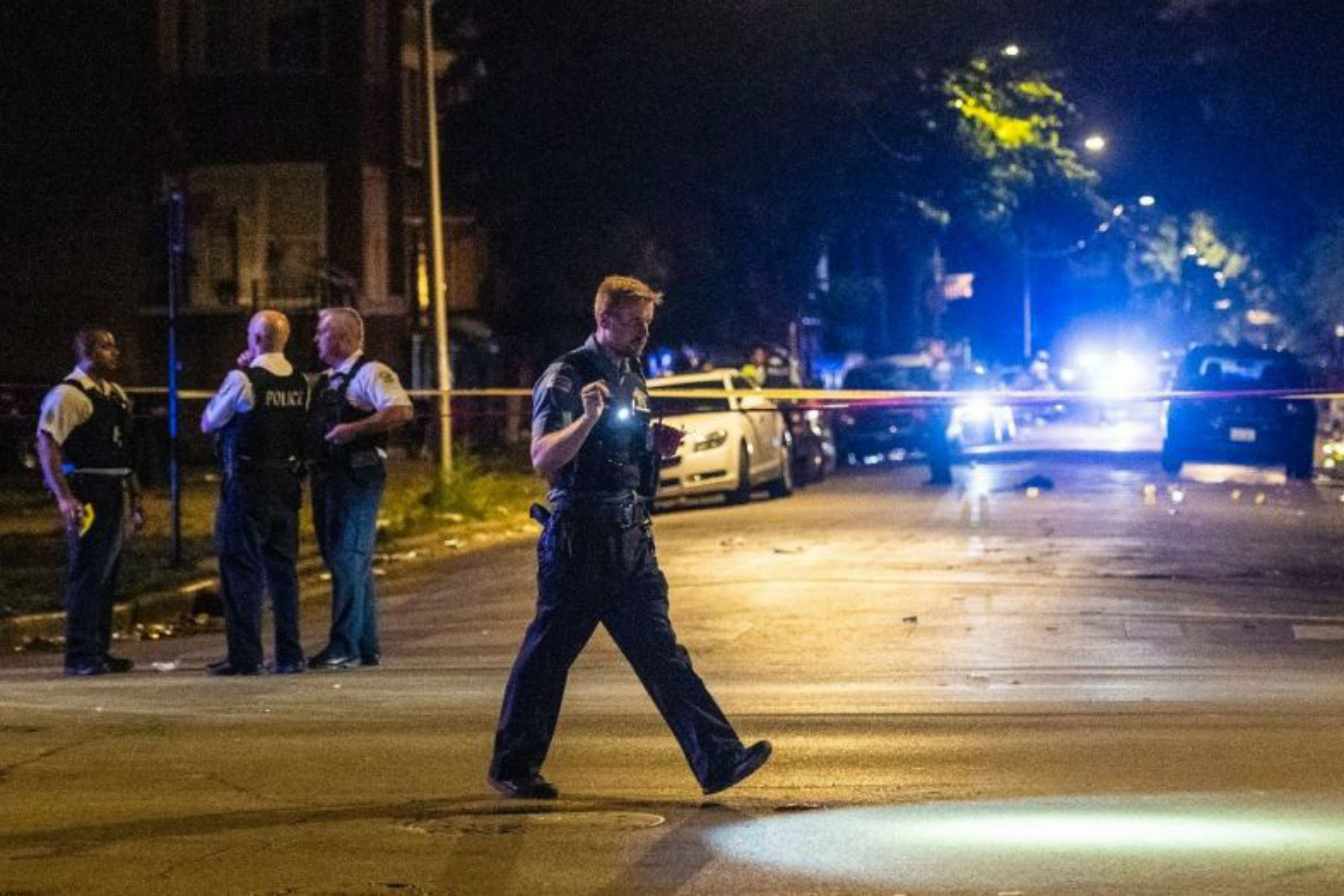Former Riverside Police Chief Tom Weitzel joined Chicago’s Morning Answer with Dan Proft and Amy Jacobson this week to deliver a sobering analysis of Illinois’ current public safety landscape—highlighting the disastrous effects of the SAFE-T Act and the growing disconnect between political leaders and frontline law enforcement.
The discussion was sparked by a troubling report from former Cook County Circuit Court Clerk Iris Martinez, revealing that 74% of criminal defendants released under the SAFE-T Act between late 2023 and early 2024 failed to appear in court. Martinez’s letter emphasized that tens of thousands of these cases involved violent crimes, including domestic abuse and sexual assault.
Weitzel backed up the numbers with first-hand insight.
“Failure to appear is now essentially the norm,” he said. “Defendants are getting three free passes. They’re sent postcards instead of warrants. And many of them give false addresses to begin with, so no one knows where they are.”
He added that violent offenders are routinely released on recognizance or electronic monitoring, and those who violate terms of release often face no immediate consequences.
“This is happening every single day,” Weitzel warned. “My own kids are in law enforcement, and they’re rearresting the same people—many of them violent—who are out on pre-trial release, EM, or have open warrants.”
One case that drew particular outrage was the recent release of Jose Mendoza Gonzalez, who admitted to hiding the body of missing Antioch woman Megan Boss in a backyard container. Gonzalez was released with no electronic monitoring and no bond due to the SAFE-T Act. Weitzel called the judge’s decision “absolutely outrageous.”
“That man should be in custody,” he said. “He admitted to hiding a body for days. Investigators are still looking into possible homicide charges, but under this law, he’s walking free.”
Weitzel also noted that thousands of individuals are released directly from police stations before even seeing a judge. “No one is tracking that number,” he said. “Those releases aren’t being factored into the state’s official statistics.”
The former chief criticized the lack of transparency and accountability surrounding these policies and called out the chilling effect political interference is having on law enforcement.
“Most suburban and downstate sheriffs opposed the SAFE-T Act,” he said. “But a lot of police chiefs aren’t speaking up because they answer to mayors who tell them, ‘If you like your job, stay out of it.’”
In Weitzel’s view, the problems extend far beyond Cook County. “Violent criminals don’t care about county lines,” he said. “But if they end up arrested in DuPage or Will County, they’re shocked they’re actually held. The law is statewide, but enforcement isn’t.”
Proft pointed to Lake County, where State’s Attorney Eric Rinehart—one of the only prosecutors in Illinois to support the SAFE-T Act—was reelected with backing from Cook County State’s Attorney Kim Foxx. “That tells you everything you need to know,” Proft said.
The conversation then turned to Chicago Mayor Brandon Johnson’s reported reconsideration of ShotSpotter, the gunshot detection technology he previously pledged to scrap. Weitzel welcomed the shift.
“ShotSpotter works. Period,” he said. “The idea that it’s racist or ineffective is political nonsense. Cities across the country use it successfully. Why was Chicago the only one saying it didn’t work?”
Weitzel added that eliminating ShotSpotter undermines public safety and removes a vital tool for responding quickly to shootings.
“Officers wouldn’t even know where some shootings occurred without it,” he said. “When 911 lines are overwhelmed or people don’t call, ShotSpotter is the only alert.”
He also expressed cautious support for current CPD Superintendent Larry Snelling, saying the rank-and-file respect him and he appears to be pushing back against political interference—at least as much as his position allows.
“Snelling has been more vocal than previous superintendents,” Weitzel said. “And morale matters. If officers think their leaders support them, they’ll do the job.”
Despite the bleak picture, Weitzel said he believes public sentiment is beginning to shift—if not among elected officials, then among the voters who put them there.
“People are getting fed up,” he said. “They’re seeing the consequences in their own communities. The tide is turning, but until voters start holding these politicians accountable, nothing will change.”
Weitzel closed by calling on law enforcement leaders—particularly police chiefs and professional associations—to speak out.
“They have the data,” he said. “They know the truth. Now they need to stop being afraid and tell it to the public.”





